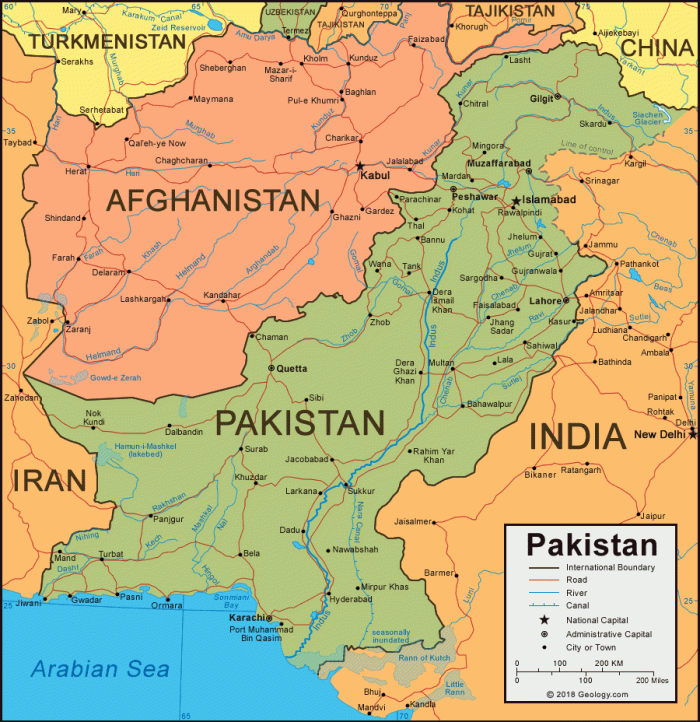Pakistan
Back to Top

Session 22 – Expressions of Shi'ism in Pakistan
Lecturer: Fizza Joffrey, PhD Candidate, University of Oxford (affiliation at the date recorded)
Duration: 1 hour 10 minutes
Date Recorded: July 2024
Subject: This lecture explores Azadari in Pakistan: the rituals, practices, and cultures of Muharram through which the tragedy of Karbala and the martyrdom of Imam Husayn are mourned and commemorated. Pakistan is incredibly unique in that it has a multitude of Shi’i communities, all with diverse cultures, languages, and ethnicities. Along with the many non-Shi’a and non-Muslim communities that participate in Muharram, they create a unique melting pot of local and regional mourning practices difficult to find anywhere else. This presentation thus discusses the various expressions and understandings of popular Pakistani azadari, providing a foundational knowledge of the context and significance of Shi’i rituals in Pakistan. I argue that three key features of Pakistani Shii culture (inherently political; traditionally ‘South Asian’ materially; historically inter-communal) play a significant role in defining and influencing azadari practices. I then identify and detail four practices that constitute the essential elements of Pakistani Azadari [1) the majlis (mourning gathering); 2) matam (chest-beating, self-flagellation); 3) juloos (procession); and 4) nauha-khwani (sung recitation of poetic laments)], and then describe a few material objects and icons crucial to those practices [alam (standard, flag); gehwara (cradle); zuljinah (battle horse); taboot (coffin); taziya (replica shrine)]. In showing how different cities and communities across Pakistan engage in the mourning of Muharram, this presentation seeks to unravel and understand the makings of ‘Pakistani Azadari.’
Readings:
Abou Zahab, Mariam. “‘Yeh matam kayse ruk jae?’ (‘How could this matam ever cease?’): Muharram processions in the Pakistani Punjab.” In South Asian Religions on Display: Religious Processions in South Asia and in the Diaspora. Edited by Knut A. Jacobsen, 104–114. London: Routledge, 2008.
Boivin, Michel. Artefacts of Devotion: A Sufi Repertoire of the Qalandariyya in Sehwan Sharif, Sindh, Pakistan. Karachi: Oxford University Press, 2011.
Boivin, Michel. “Representations and Symbols in Muharram and Other Rituals: Fragments of Shiite Worlds from Bombay to Karachi.” In The Other Shiites: From the Mediterranean to Central Asia. Edited by Alessandro Monsutti, Silvia Naef, and Farian Sabahi, 149–172. Bern, Switzerland: Peter Lang, 2007.
Burney Abbas, S. “Sakineh, The Narrator of Karbala: An Ethnographic Description of a Women’s Majles Ritual in Pakistan.” In The Women of Karbala: Ritual Performance and Symbolic Discourses in Modern Shi’i Islam. Edited by Kamran Scot Aghaie, 141-160. New York, USA: University of Texas Press, 2005.
Fuchs, Simon Wolfgang. In a Pure Muslim Land: Shiism between Pakistan and the Middle East. Durham: University of North Carolina Press, 2019.
Lyons, Tryna. “Husayn’s Hindu defenders.” In Non-Shia Practices of Muharram in South Asia and the Diaspora: Beyond Mourning. Edited by Pushkar Sohoni and Torsten Tschacher, 12-23. London: Routledge, 2021.
Rieck, Andreas. The Shias of Pakistan: An Assertive and Beleaguered Minority. London: Hurst, 2015.
Schubel, Vernon. Religious Performance in Contemporary Islam: Shi’i Devotional Rituals in South Asia. University of South Carolina Press, 1993.
Wolf, Richard. The Voice in the Drum: Music, Language, and Emotion in Islamicate South Asia. University of Illinois Press, 2014.
Zaidi, Noor. “Making Spaces Sacred: The Sayyeda Zaynab and Bibi Pak Daman Shrines and the Construction of Modern Shia Identity.” PhD diss., University of Pennsylvania, 2015.
Zaman, Muhammad Qasim. “Sectarianism in Pakistan: The Radicalization of Shi‘i and Sunni Identities.” Modern Asian Studies 32.3 (1998): 689–716.
Bio: Fizza Joffrey is a doctoral candidate in the Department of Theology and Religion at the University of Oxford. She is an interdisciplinary anthropologist, specializing in the anthropology of religion, processes of religious and political change, and urban spaces. Her research broadly focuses on Shiism in Pakistan, paying particular attention to diverse expressions of Shiism through ritual, material culture, and politics. Alongside her scholarly research, she is a writer, journalist, and activist.
She runs The Azadari Archive with Sana Rizvi (UPenn) – a digital repository of the Azadari practices and Muharram cultures of Pakistan that catalogues practices and communities, compiles research, and archives audio-visual material. She also has an upcoming documentary (2024) with filmmaker Raza Rizvi that explores the visuals and soundscapes of Muharram practices in Karachi. She is online at www.fizzaj.com